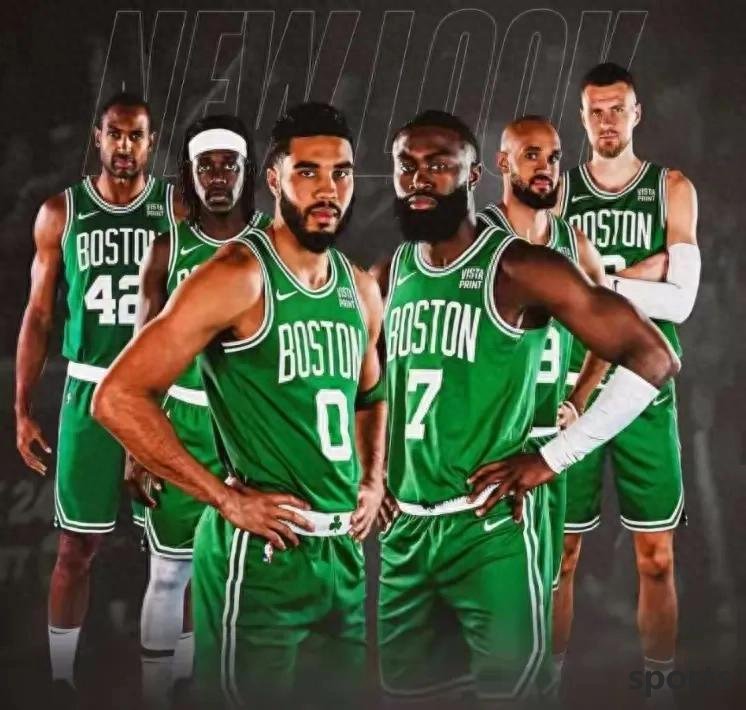ESPN salary experts revealed: Why did the Clippers renew their contracts with George and the Bucks cut Lillard this year
3:45am, 18 July 2025Basketball
became the NBA's lightning rod: the second luxury tax line
introduced a salary cap in the 2023 collective bargaining agreement, but it was not implemented gradually until last offseason. The second limit on the compensation cap smooths out the playing field by reducing the roster mechanism for high-spending teams at or exceeding the threshold.
In other words, teams exceed their competitors’ spending, stacking up rosters, or adding an All-Star player to a trade or free agent will have an impact on future roster building.
A general manager of the Eastern Conference told ESPN: "The second rule does not allow teams to jump to the first place when forming a roster. If you include a highly paid veteran in the trade, your roster schedule will be shortened."
What happened in 2023 and this summer are perfect examples of this rule doing its desired effect.
Kevin Durant and Bradley Beal were traded to the Phoenix Suns before the strict second luxury tax line rules were implemented. The Boston Celtics then acquired Christaps Porzingis and Ru Holliday. The Milwaukee Bucks then acquired Damian Lillard. A month later, the Los Angeles Clippers will trade James Harden.

These six transactions are not allowed under the current rules.
Two years later, Durant, Porzingis and Hollidi were traded. Bill is discussing how to terminate the contract and waive it. The Bucks had to give up Lillard, and the remaining $113 million contract will be paid in installments over five seasons. The move cleared the way for Milwaukee to sign Miles Turner. Harden is still in the Clippers' roster, but Los Angeles chose not to renew Paul George that year due to potential luxury tax restrictions. Brad Stevens, president of basketball operations at Celtics, told reporters last week: "We have limited tools to use around the second luxury tax line." These limited tools include the inability to send cash in a transaction, the use of up to $5.7 million in non-tax mid-level exception clauses, and, most importantly, 100% of the "Trade Player Exception clauses" and "Comprehensive Contracts" cannot be exceeded in transactions. If a team ends in the second round, they can’t trade a first round pick in seven years. If a team exceeds the second stop in three of four seasons, the same first stop may also be moved back to the end of the second round.
However, there is no rule forbidding a team to retain their players. The Cleveland Cavaliers re-signed a four-year, $38 million contract with Sam Merrill, which, although it has exceeded the luxury tax ceiling, has instead increased the team's luxury tax penalty and put them further into a situation beyond the luxury tax ceiling. Those expensive squads with underperforming or major injuries can only improve in free agents or trades, with the recent Boston and Phoenix being one example.
Related Posts
- In the 1990s, NCAA champions to the Clippers, averaged 16+10 per game in the season
- Please don’t compare Brownie with Yang Hansen! Yang Hansen won 45 points on the field!
- How to succeed as a small guard? Irving: Be sure to polish your skills; you must use your brain
- Famous reporter: The Lakers must have a plan recognized by Luca. Pelinka will ensure that everyone reaches a consensus
- The Lakers must send Reeves away? The team records that the trading threshold set by the team is too high and no perfect plan has been seen yet
- Stein: Kidd won t go to the Knicks, he s very stable in the Mavericks and has a close relationship with the players
- CP: Wenban’s value goes far beyond his height, he can handle the ball, shoot from long range and defend from 1 to 5
- Xu Jingyu: Harry - the most underrated in history! He was turned aside by the thugs and dunks and was ignored by the referee
- US media simulates 4-party deals: James and son return to the Cavaliers, Lakers get Garland 2 strong players, Allen goes to the Hornets
